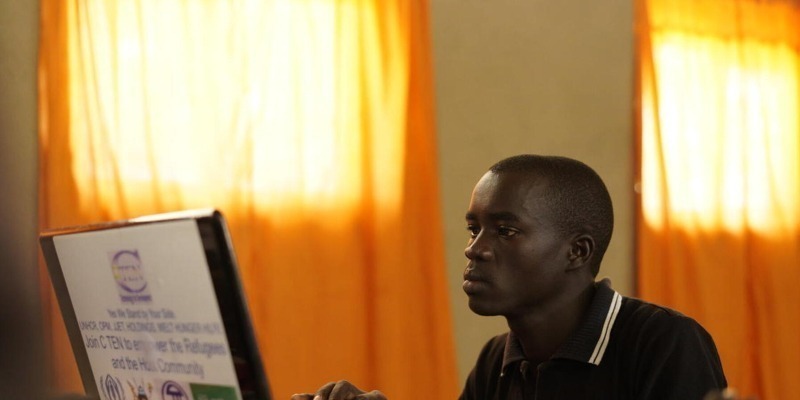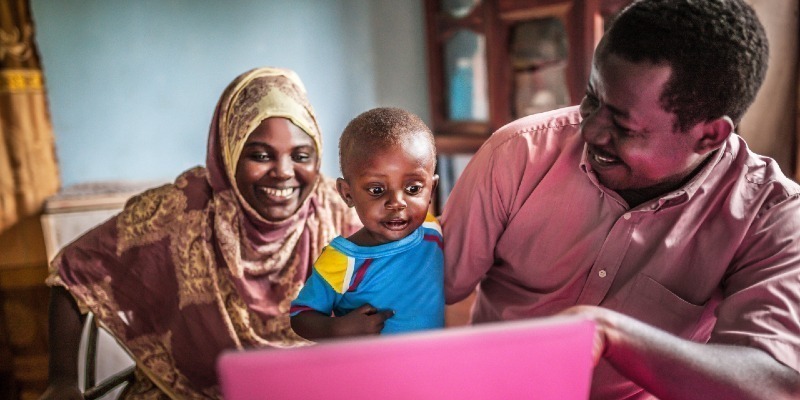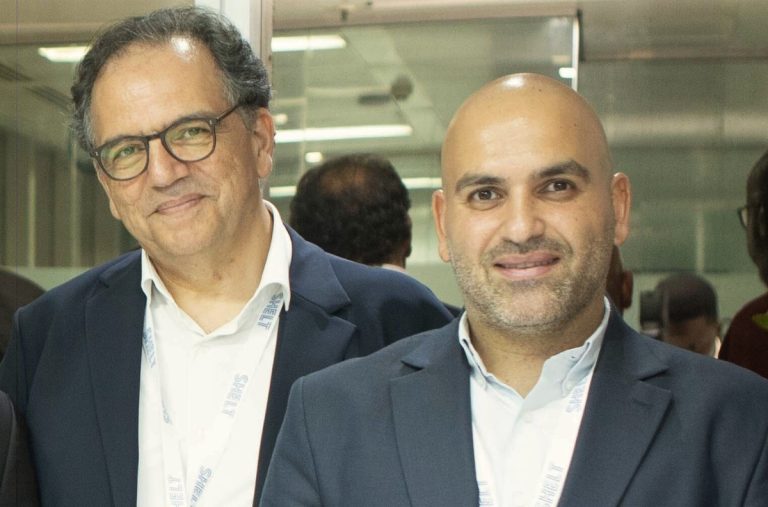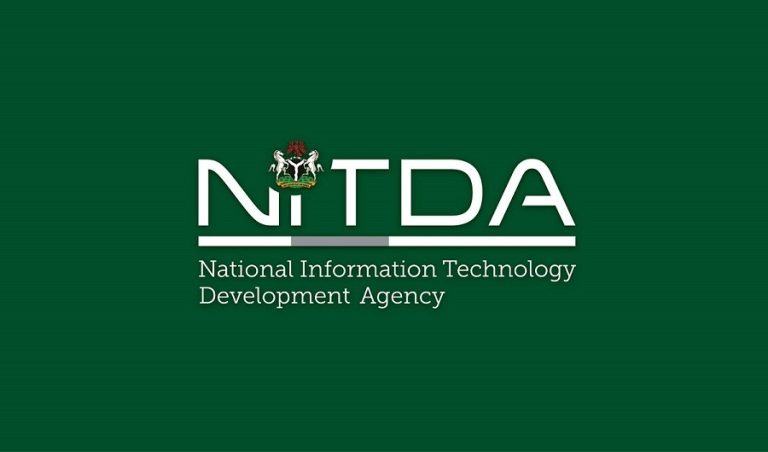Uganda to Make Internet Connectivity Accessible to Refugee Communities

Through a collaboration with the Ugandan government and the World Bank, internet connectivity will soon be available in refugee camps in Uganda.
The goal of the project is to give refugees the necessary digital skills and linguistic competency to improve their employment.
The Universal Digital Acceleration Program, a bigger objective, includes the internet connectivity program. It will start in Uganda’s financial year 2023/2024 and last for five years. Amina Zawedde, the nation’s Permanent Secretary for ICT and National Guidance, voiced hope for the program and claimed that having access to the internet will be extremely beneficial for last-mile communities like refugee camps.

She made this comment at a gathering that MTN Uganda, the Uganda Small Scale Industries Association, and Centenary Industries Limited organized together. The aforementioned organizations joined together to support the Kampala refugee home “Refugee and Hope” in its effort to raise Sh15 million for the expansion of its computer laboratory.
Along with housing asylum seekers, the home provides training in entrepreneurship, opportunity to learn a new language, and counseling for those suffering from post-traumatic stress disorder due to the situation in their home country. Additionally, conveniences like five computers with a year of free internet access, vinyl billboard material, and fabrics were given to Refugee and Hope.
Uganda’s path to digital transformation
In addition to giving refugees access to the internet, Uganda is giving digital transformation a higher priority. The government’s effort for digital transformation is a component of Vision 2040, a road plan for enhancing Uganda’s strengths across all industries, including ICT. But some issues prohibit the country from utilizing its ICT potential.
Some of these difficulties, according to the Ugandan Ministry of ICT and National Guidance, include a lack of adequate network coverage, subpar services, and expensive cellphones. Uganda’s Digital Transformation Program will work to increase the nation’s ICT infrastructure and promote ICT usage among other things to address these concerns.
The roadmap is built upon five pillars: advancing digital infrastructure and connectivity, enhancing cyber security, enhancing citizens’ digital literacy, encouraging individual creativity, and promoting digital services. The 2022 National Broadband Survey advocated lowering smartphone import taxes and other related fees in order to improve smartphone penetration for the first pillar. Reduced data costs and expanded fiber deployment are two further suggested options for internet connectivity.
Uganda will work to create a comprehensive strategy for cybersecurity that will shield citizens from new online risks. The nation will work to consistently produce more kids who are digitally savvy in terms of skill development. As a result, educators will receive retraining to provide them with the necessary digital skills to impart to students.

Unlike Kenya, Uganda has a smaller startup scene, with most of the major hubs concentrated in Kampala, the country’s capital. The nation will encourage innovation and aid players in commercializing their goods in order to support the expansion of the IT sector. The use of goods and services created by Ugandan innovators will also be encouraged by government ministries, departments, and agencies (MDAs).
Regarding the final pillar, efforts will be taken to make sure that citizens, particularly those who fall into the vulnerable group (the elderly, those with impairments, etc.), have access to digital services as well as MDAs.







